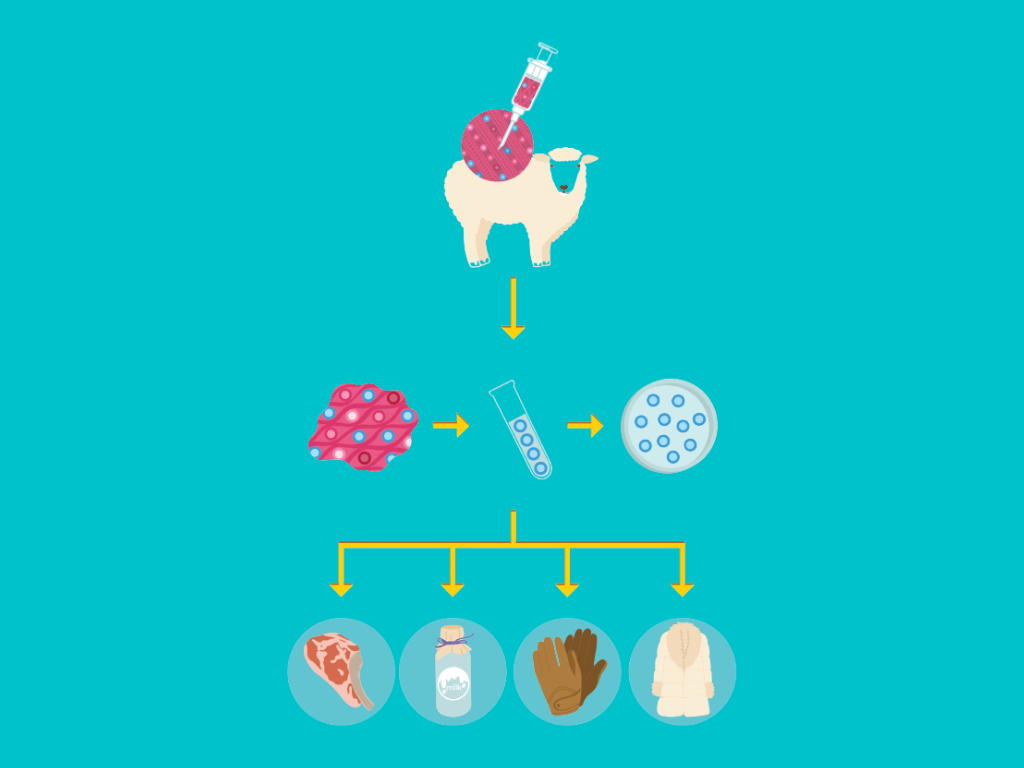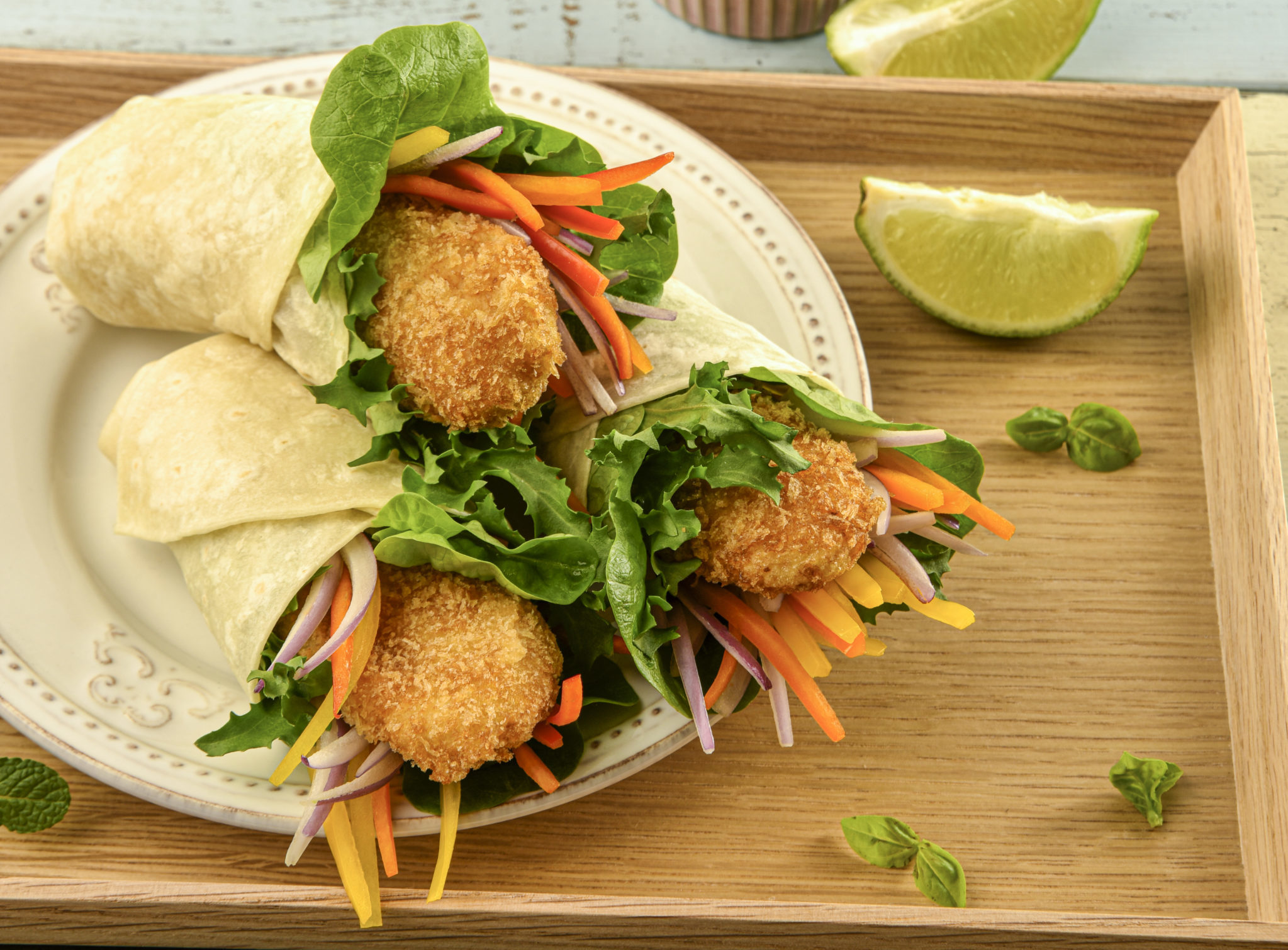Space F And Partners Scoop $15 Million Government Grant
3 Mins Read
South Korean cultivated meat startup Space F, along with four partners, has won a grant of $15 million to continue researching cultivated meat. As part of the Alychymist Project, an R&D initiative supported by South Korea’s Ministry of Trade, Industry and Energy, the grant will be paid over the next five years.
The focus of the project is the development and industrialisation of cultivated meat production equipment, with a view to commercialisation. The initiative was launched specifically to look ahead and problem-solve technical stumbling blocks that could hinder the cultivated sector’s progress. Space F has previously benefitted from a $6.3 million Series A funding round in August last year, which supported product prototype developments. The funding will be shared with Seoul National University, Sejong University, Daesang Corporation, and Lotte Fine Chemical.

The need for cultivated meat in South Korea
Meat consumption remains high in South Korea with estimates claiming that an average person consumes 126.2 grams daily.
South Korea has proposed to slash its emissions by 40 percent, by 2030. With the country’s carbon-heavy meat production reaching an all-time high in 2019, a shift to less impactful protein development will be key to achieving its goals. The government has noted that cultivated meat appears to be a ‘representative food of the future’. Space F becomes the second domestic cultivated startup to be supported by government funding in a matter of weeks.
“As interest in future food security, global warming, animal welfare ethics, and efficient use of resources is growing worldwide, the market for cultured meat, the only animal protein-based alternative meat, is growing,” Kim Byung-hoon, CEO at Space F said in a statement. “Through this, we plan to advance cultured meat technology and grow into an R&D-based cellular agriculture company.”

Ongoing progress in the cultivated field
Space F has demonstrated a number of wins already. Back in March 2021 it unveiled its first cell-based pork and then in February this year, chicken and beef followed. Alongside the new meats came pork 2.0.
The startup projects that following an investigation into industrialisation, it will play a key role in the domestic cultivated meat sector. This will be supported by a strategic partnership with the Daesang Corporation. The latter has secured a working agreement with Xcell Therapeutics to supply animal serum-free growth mediums, designed to drive price parity with conventional meat from the outset.
Competition in South Korea
Though plant-based foods are experiencing a surge in both demand and production in South Korea, the cultivated sector is showing signs of blossoming. Space F has positioned itself to be instrumental in shaping the space by contributing to the creation of the first draft of guidelines for cultivated meat safety. Alongside, it hosted a symposium of the Korean Society of Cellular Agriculture, to map out the market.
CellMEAT, arguably Space F’s most advanced peer, announced a successfully closed Series A funding round. The south Korean startup bagged $8.1 million to progress its cultivated shrimp scaling efforts and new crustacean R&D. Production facilities are slated to be improved and increased, reaching 10 kilograms of cultivated shrimp per day. A launch into Singapore, to capitalise on eth country’s openness to food tech, is anticipated for the near future.
All photos by Space F.





